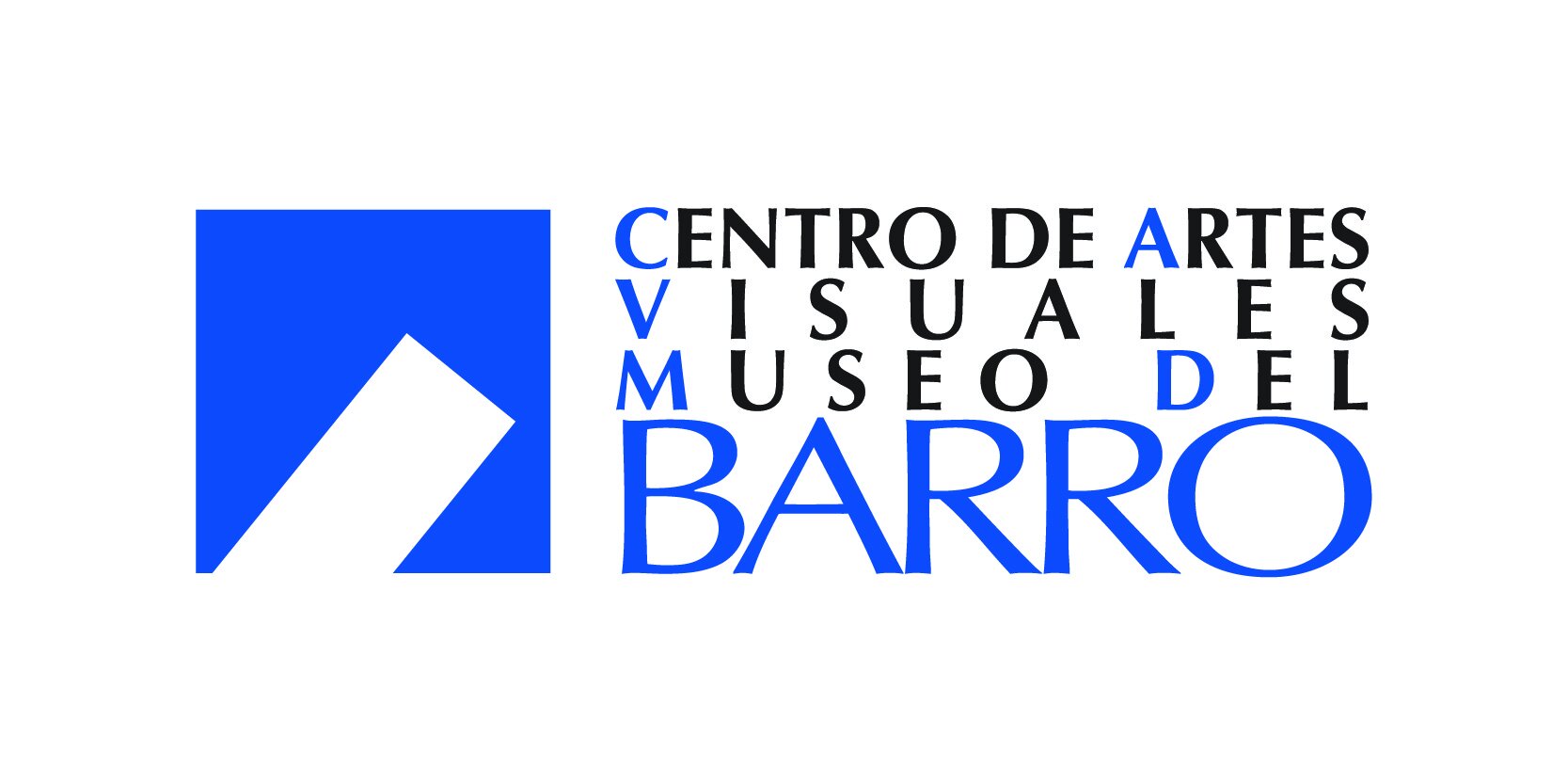The Persistence of the Body exhibition:
Three Matters
From March 27, 2022
THE PERSISTENCE OF THE BODY: Three Matters
Organized by Ticio Escobar and Gabriela Urtiaga
The body returns to the realm of art, not as a simple motif, but as a place for questioning and critical reflection. This turn is typical in contemporary art, although modernism previously produced transformations in understandings of the body that today serve as the foundation for the great issues surrounding corporality. In this exhibition we take up three of these matters.
The first matter is based on the rejection of an idealistic model that binarily and diametrically opposes body and soul, matter and spirit, culture and nature. The critique of this dualism is based on current philosophy: the contributions of feminism, and the contributions of several anti-patriarchal and decolonial ideas. The micro-political position considers the body as moved by outside repercussions of the world (cultural, environmental), and as animated by the sap of a vital drive that resists capitalist instrumentalization and commodification of the unconscious, which resonates in the organic and the subjective.
The impact of technology in the perception of the body is the second matter to explore. On the one hand, the industry of bodily appearance operates in a virtual format. The image and by extension the understanding of the body is in large part, constructed and regulated in key market terms, by techno-cultural mediations. On the other hand, bio-technological developments promote figures of hybridization and body cloning, disrupting the idea of an original and natural body, raising threats, promises, and fantasies that resonate in the field of art.
The last matter arises surrounded by dark panoramas that disturb the place of the body. The COVID-19 pandemic standardized the world in a fundamental and destructive dimension – highlighting the perception of the body in terms of its presence and absence, reinforcing the mediating role of digital technologies and their tendency towards disembodiment. Doubly, the memory and lasting cultural and political impact of those who were disappeared during military dictatorships across Latin-America darkens and taints the image of the body in Latin-America.
In dealing with these questions, the tasks of art incorporate multiple perspectives. The oppositions that pull the body between object and subject, individual and social, interior and exterior, act not as binary disjunctions but as dynamic tensions. Creative transgressions, poetic impulses, and conceptual charges allow us to glimpse alternative timelines, unattainable in terms of what is foreseeable, but fruitful in terms of desire: what can be imagined always announces what could be changed or has tried to be changed. Art thus allows us to imagine the possibility of bodies embracing each other without risk and without fear, who think and love without interdictions, resist biopolitical manipulations, and breathe full oxygen.
Participating artists:
Ana Mendieta (Cuba, 1948-1985)
Ignacio Gana (Chile, b. 1976)
Walterio Iraheta (El Salvador, b. 1968)
Osvaldo Salerno (Paraguay, b. 1952)
Rufino Tamayo (Mexico, 1899 - 1991)
Laura Aguilar (USA, 1959-2018)
Beatriz González (Colombia, b. 1932)
Claudia Casarino (Paraguay, b. 1974)
Tania Bruguera (Cuba, b. 1968)
Fernando de Szyszlo (Peru, 1925 - 2017)
Ignacio Iturria (Uruguay, b. 1949)
Francisco Toledo (Mexico, 1940 - 2019)
Alfredo Quiroz (Paraguay, b. 1974)
We appreciate the support of Centro de Artes Visuales - Museo del Barro.
Laura Aguilar (USA, 1959-2018)
Center #99 / Centro #99, 2000-2001
Gelatin silver print / Impresión en gelatina de plata
H 8 x W 10 inches / pulgadas
Ed. 1/10
MOLAA Permanent Collection. Museum purchase, courtesy of The Laura Aguilar Trust of 2016
M.2021.003
Beatriz Gonzalez (Colombia, b. 1938)
At the Exit of the Dressing Room / A la salida del camerino, 1989
Oil on paper / Óleo sobre papel
H 59 x W 39 inches / pulgadas
MOLAA Permanent Collection.
Museum purchase with MOLAA Acquisition Funds and funds provided by the Lynne Okon Scholnick Fund M.2021.006
Osvaldo Salerno (Paraguay, b. 1952)
Untitled / Sin título, 2018
Ink on paper / Tinta sobre papel
H 41 ½ x W 23 ¼ inches / pulgadas
MOLAA Permanent Collection. Gift of Colección Mendonca - Daniel Mendonca M.2020.009





